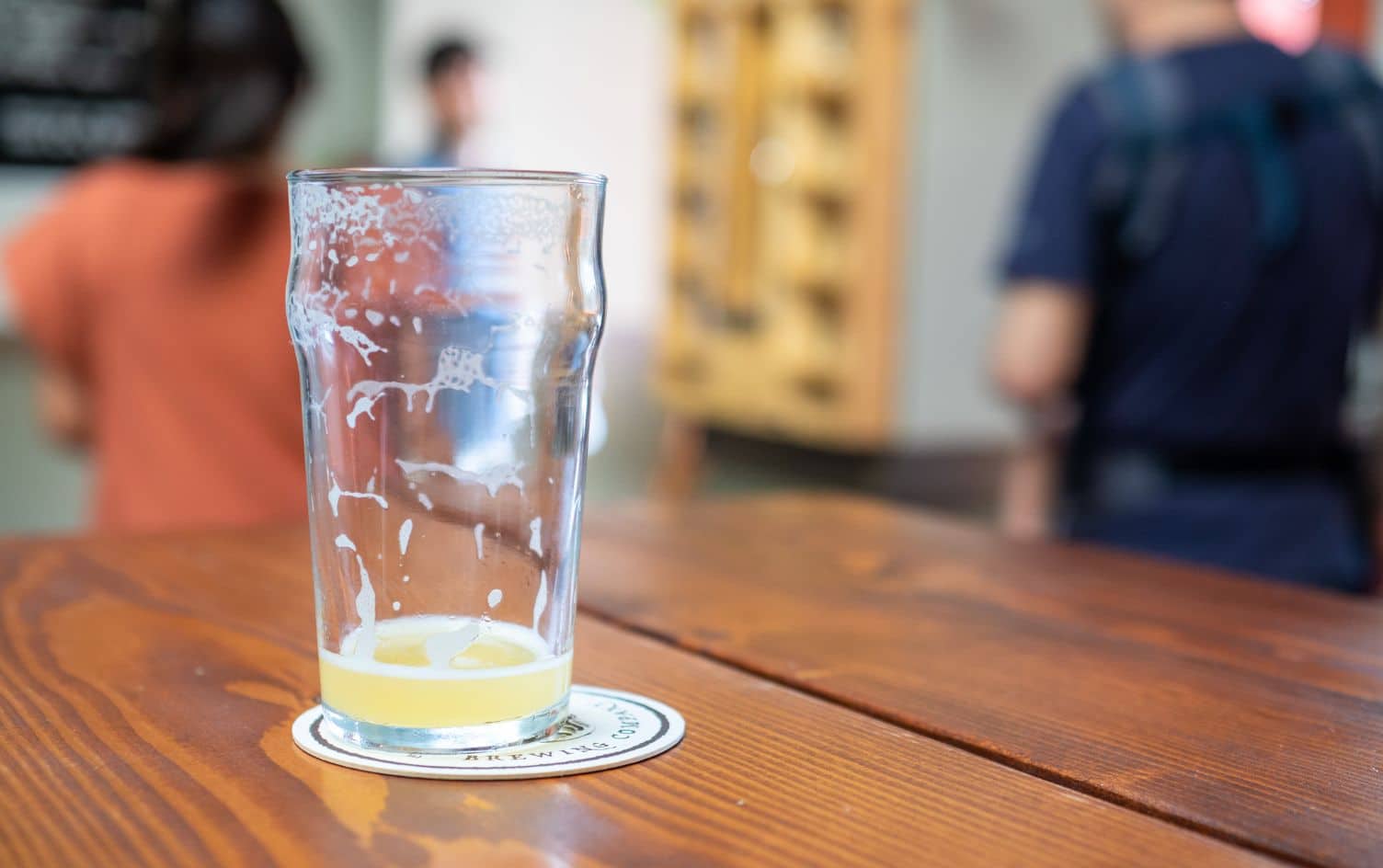You diligently go to the gym and lead a generally healthy lifestyle, so you deserve a glass of wine at the end of the day, right? After all, endurance athletes seem to swear by beer as a post-race recovery drink. But does drinking alcohol negate your workout gains? Here, we explore the effect alcohol has on your fitness progress.
PERFORMANCE AND STRENGTH
It’s an odd pairing, sure, but indulging in a 16-ounce IPA probably won’t negate all that hard work you just put in. If your goal is increasing performance and strength, it’s best to limit your alcohol intake after working out, even if you don’t eliminate it entirely. Alcohol may slow your protein synthesis, the process in your body that aids muscle growth, and can increase dehydration. The amount that muscle synthesis will be affected is negligible with low to moderate consumption. However, large amounts of alcohol have been shown to reduce muscle protein synthesis more significantly and lower testosterone levels which also plays a role in muscle growth.
But studies have shown moderate drinking, usually defined as one drink for women and two drinks for men, showed almost no difference in recovery. It also may depend on how physically fit you are, how hydrated you are, how often you normally drink and whether you’re a man or a woman.
As for the myth about drinking beer post-race because it has carbohydrates, it might have some merit. Beer isn’t a recovery drink and shouldn’t take the place of recovery protocols. Though, it does have many nutrients that can be helpful for recovery and beneficial in general. Along with carbohydrates and electrolytes, beer also contains polyphenols and melanoidins. These compounds have antioxidant, anti-inflammatory properties and some act as antimicrobial agents and probiotics. These compounds are higher in hoppy and darker beer.
Beer is most beneficial if it is low in alcohol content and consumed in moderation. This is because alcohol is a diuretic. The electrolytes and carbohydrates in beer help but too much alcohol can still hinder hydration. A beer with below 4% alcohol content or consuming additional nonalcoholic beverages with higher percent beers can help with water loss.
While alcohol might not totally ruin your athletic performance, it could be prohibiting your weight loss. If you’re imbibing in multiple drinks several times a week, you’re adding loads of empty calories to your diet that are also hard to track. Mostly, this type of drinking can encourage other bad habits like opting for those late-night nachos or skimping on much-needed sleep.
THE BEST SCENARIO
For maximum recovery, it might be better to wait to have your cocktail until you’re done properly rehydrating and refueling on protein. If you’re only indulging occasionally, it could be what you’re drinking that’s the problem. Typical cocktail ingredients like juice and soda are high in sugar, upping the calorie count of each beverage. Choose a light beer or a vodka and soda water with a squeeze of citrus, instead. And make sure to have a full glass of water for every alcoholic beverage consumed.
If you’re going to indulge post-race or workout, try drinking equal to or less than 0.5g/kg bodyweight, a rate unlikely to impact most aspects of recovery. That means a 140-pound athlete (63.5kg) drinking 5% ABV beer should stick to less than two beers, assuming each beer contains 14 grams of alcohol.




